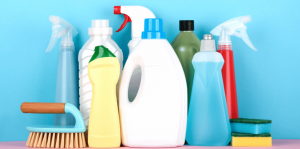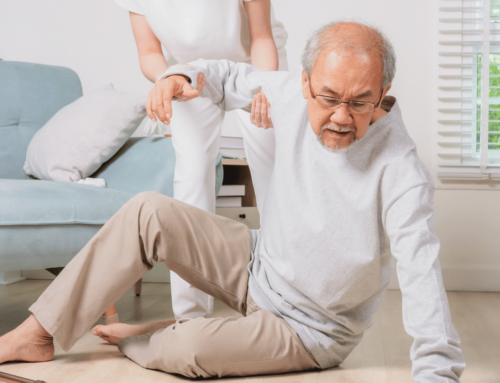
Chemicals are used almost everywhere. At home, they come in the form of cleaning products. Farms have pesticides as well. Workplaces use a variety of chemicals, depending on what they do. There is a chance that you or your loved ones can get exposed to them, one way or another.
A curious child, for example, can try to taste bleach or accidentally ingest insecticides at home when unattended. Accidents happen, and they may involve harmful chemicals.
Symptoms of Chemical Exposure
The symptoms of a person exposed to chemicals can vary. It first depends on the type of chemical the person was exposed to. How the exposure happened also plays a part. Did it get into their eyes, on the skin, or was it ingested? You need to gather this information to determine chemical exposure treatment.
It is also essential to assess the symptoms of chemical exposure. Check to see if the affected person is experiencing the following:
- Burning eyes
- Redness of the skin
- Headaches
- Blurred vision
- Vomiting and nausea
- Stomach aches
- Diarrhea
- Nose and throat irritation
Chemical Exposure Treatment
The first step in chemical exposure treatment is to get the person away from the source. The more time they are exposed to the element, the more harm it will do.
If the chemical gets into the eyes, use clean water to flush it out. Get in a shower or under a faucet for a steady stream of water to run through the eyes.
The same goes for skin exposure. You would want to flush it with running water to remove as much of it as possible. You can use soap and warm water to help in doing this.
Since chemical exposure treatment varies from material to the type of exposure, it’s best to follow the instructions on a chemical container and immediately call for medical attention to reduce the risks.

How to Prevent Chemical Exposure
As the saying goes, prevention is always better than cure. That is true for any sickness, disease, or accident. While you cannot guarantee the safety of each person you encounter, you can take steps to prevent chemical exposure at home or in the workplace.
First, make sure you read the instructions for the chemicals you handle. Ensure that you use them only as intended. Do not exceed its parameters.
Also, store your chemicals properly. Instructions are found on their containers and labels. Make sure to place them only in identified places and keep them away from the reach of children.
Take the proper training in handling harmful chemicals, especially in the workplace. That way, you keep yourself and those around you safe.
Wear the proper gear and use the right equipment in handling all hazardous materials.
When to Go to Riverview Health Emergency Room & Urgent Care for Chemical Exposures
Chemicals are present everywhere we go, and exposure is an ever-present danger. Accidents are just one bad decision away from harming you, your children, and your loved ones. While you can do everything to prevent it, you should be prepared to handle chemical exposure.

Riverview Health Emergency Room & Urgent Care is the only health system in Hamilton County offering ER and urgent care services under one roof. Unlike most ER or urgent care centers, patients are only billed for the level of services they need. The ER is open 24 hours a day, seven days a week. The urgent care center is open from 7 a.m. to 8 p.m. daily. No appointments are not necessary for in-person visits; however, pre-registration is available.
Riverview Health Emergency Room Urgent Care has five convenient locations:
- Riverview Health Emergency Room & Urgent Care Carmel is located at 14585 Hazel Dell Pkwy., Carmel, IN 46033, and may be reached at 317.406.4280.
- Riverview Health Emergency Room & Urgent Care Fishers is located at 9690 E. 116th St., Fishers, IN 46037, and may be reached at 317.406.4585.
- Riverview Health Emergency Room & Urgent Care West Carmel/Zionsville is located at 10830 N. Michigan Rd., Zionsville, IN 46077, and may be reached at 317.406.4713.
- Riverview Health Westfield Hospital is located at 17600 Shamrock Blvd, Westfield, IN 46074, and may be reached at 317.214.5555.
- Riverview Health Noblesville Hospital is located at 395 Westfield Road, Noblesville, IN 46060.




